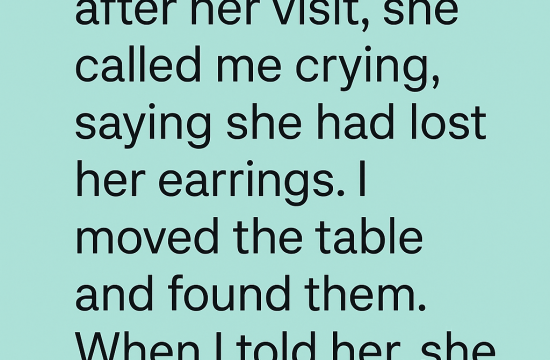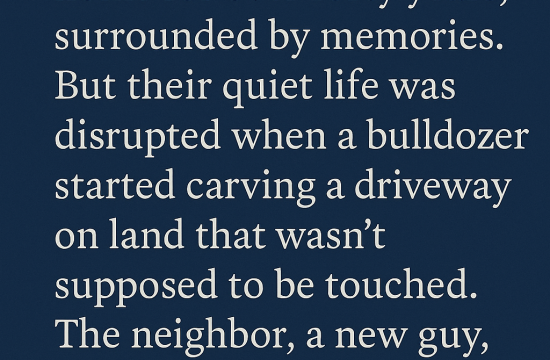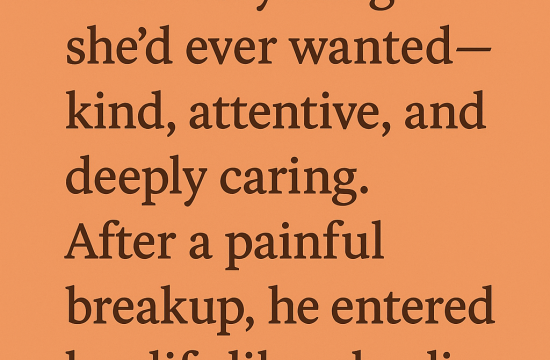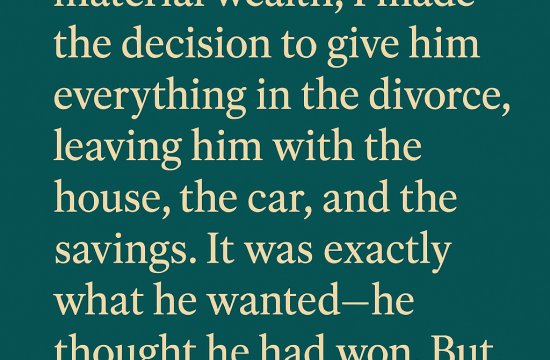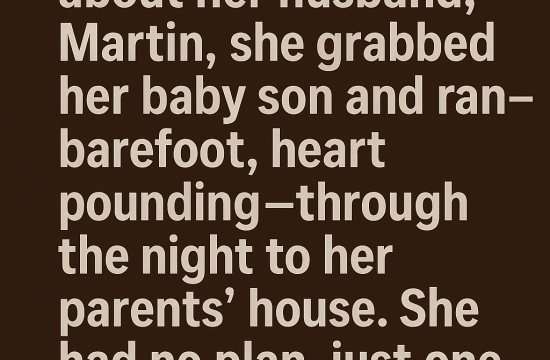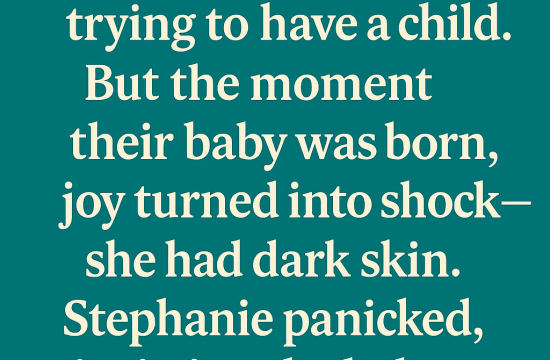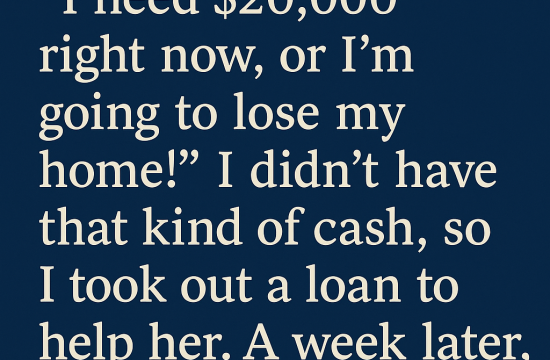Ryan Crosby sat at the kitchen table, his pencil tapping nervously against his math book. The numbers swam before his eyes. “How am I supposed to solve this?” he muttered, glancing around the quiet house.
The 8-year-old had an assignment due the next morning and no one to help him. His mother, Matilda, hadn’t returned home from work yet. Even Google couldn’t explain the problem in a way that made sense to him. That’s when Ryan remembered his mother’s words: “If you’re ever in trouble, call 911.”
So, he did.
“911. What’s your emergency?” came the calm voice on the other end.
Ryan hesitated. “Hi, um… my name is Ryan. Could you help me with my math homework?”
The operator blinked at her screen in disbelief. “Come again? You need help with… math?”
“Yes, please,” Ryan said innocently. “My mom said if I ever need help, I should call 911.”
The dispatcher smiled faintly but frowned at the same time. Children sometimes called 911 as pranks, especially around Halloween. Still, something about Ryan’s voice—small, polite, and worried—didn’t sound like a joke.
“Okay, buddy,” she said gently. “But 911 is for emergencies. Is your mom there? Can I talk to her?”
Ryan’s voice trembled. “No. It’s just me.”
That made the dispatcher sit upright. “You’re alone, Ryan? What time is it there?”
“It’s… past my bedtime,” Ryan said softly. “Mom didn’t come home yet.”
The dispatcher’s instincts kicked in. She discreetly signaled to another officer nearby to trace the call. “Alright, Ryan. Stay on the line with me, okay? Can you tell me your address?”
He did. Within minutes, a patrol car was racing toward the address.
When officers arrived, Ryan opened the door, clutching his math book like a shield. The house was dark except for a single lamp on the kitchen counter. There was no sign of his mother.
“Hi, Ryan,” one officer said kindly. “Where’s your mom?”
“I don’t know. She wasn’t home when I came from school,” he whispered. “I used the spare key.”
The officers exchanged uneasy glances. They tried calling Matilda’s phone, but it went straight to voicemail. Something was definitely wrong.
“Stay with the boy,” one officer ordered. “We’re checking this out.”
Moments later, a call came through from dispatch — they’d traced the last known location of Matilda’s phone to a deserted stretch outside town. Officers rushed to the scene.
The road was empty, save for a single car pulled off to the side. The headlights were off, the windows fogged.
“Approach with caution,” the sergeant said, flashlight in hand.
When they peered through the window, they froze — a woman was slumped motionless across the driver’s seat.
“Get the medics!” someone shouted.
They pulled the door open and found a pulse — faint, but steady. It was Matilda Crosby. Within minutes, paramedics arrived and rushed her to the hospital.
Hours later, Matilda blinked awake to see two uniformed officers standing at her bedside.
“Mrs. Crosby, you’re safe,” one said. “You fainted while driving. You’ve been out here since morning.”
Matilda’s memory flooded back. “Oh my God… I was driving to my sister’s. I must have passed out. My phone died and—” she broke off, tears streaming down her cheeks.
“The good news,” the officer said with a smile, “is that your son called 911 tonight. That call saved your life.”
Matilda gasped. “Ryan called?”
“Yes, ma’am. He just wanted help with his homework. But his call helped us find you.”
Later that morning, Matilda returned home. As soon as Ryan saw her, he ran into her arms, sobbing.
“Mommy! I missed you so much!”
Matilda held him tightly. “You saved me, sweetheart. You really did.”
The story spread quickly through the neighborhood and local media. Parents began using it as a lesson for their own kids — teaching them that 911 isn’t something to fear, but a lifeline when something feels wrong.
Moral of the Story
-
Teach children how and when to call 911. Matilda’s guidance, even if misunderstood, ultimately saved her life.
-
Listen closely to what children say. Sometimes, beneath their innocent words lies a silent cry for help.
-
And most importantly: Never underestimate a child’s heart — or their courage.




